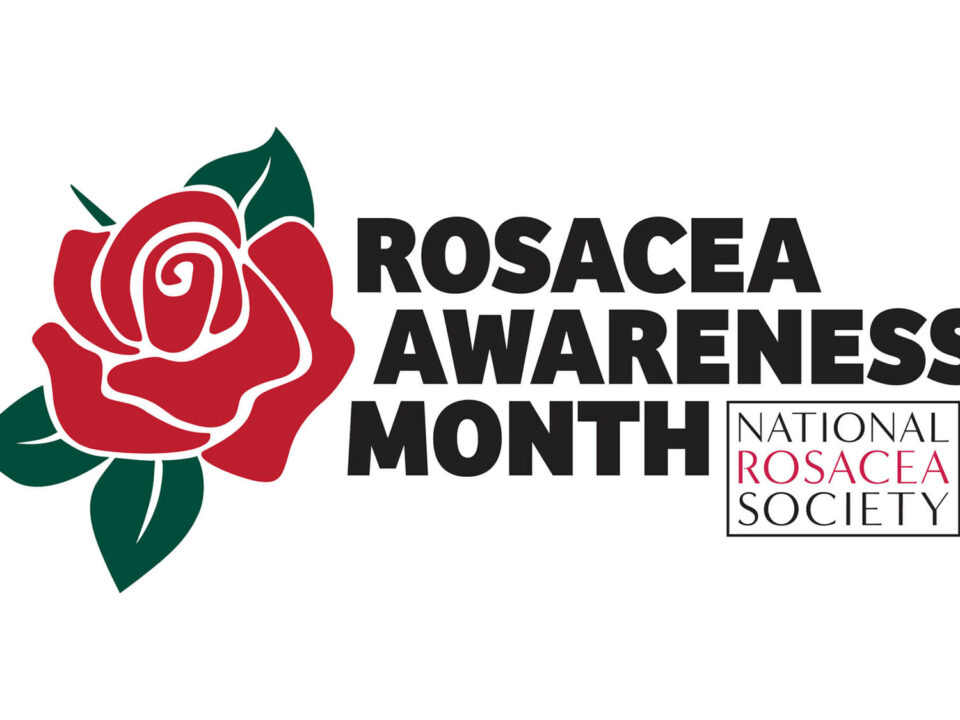What are the most common symptoms?
Carpal tunnel syndrome occurs when the median nerve, which runs from the arm to the hand through the wrist, becomes compressed or pinched. Symptoms include:
- Pain
- Numbness
- Tingling
- A weakness in the hand (more specifically the thumb, index and middle fingers) as well as the wrist in the most serious cases.
At first, patients wake up regularly during the night, complaining of numbness and severe pain. Shaking the hand brings relief in the short term. If the syndrome is not treated with urgency, it will worsen considerably until the patient cannot perform daily tasks. Manual work of all kinds then becomes impossible...
In severe cases, carpal tunnel syndrome can cause loss of sensation and movement in the hand and wrist.
Learn more about carpal tunnel syndrome
The causes of carpal tunnel syndrome
Carpal tunnel syndrome has no specific cause, it occurs through repetitive manual tasks. The median nerve is compressed repeatedly causing inflammation of the tendons surrounding the nerve. Inflammatory diseases such as arthritis, a poorly treated wrist injury, a tumor or an anatomical abnormality of the wrist can put the patient at greater risk of rapidly developing this syndrome. Certain medical conditions such as diabetes, hypothyroidism, pregnancy, and obesity can also be risk-increasing events.
Aging is not an explanation for Carpal tunnel pain.
If you are a person over the age of 65 who suffers from severe pain in your hand, or more specifically in your thumb and fingers, speak to your doctor to prevent your situation from worsening. There are several risk factors for carpal tunnel syndrome including:
- People with a family history of carpal tunnel syndrome
- People who perform repetitive movements or frequently use their hands and wrists, such as factory workers, cashiers, hairdressers, musicians, seamstresses, surgeons, etc.
- Pregnant women can also develop carpal tunnel syndrome due to hormonal changes and fluid retention in the tissues, but this usually returns to normal sometime after delivery. If the pain persists 2 months after childbirth, you must inform your doctor.
It is important to note that anyone can develop carpal tunnel syndrome, even without having these risk factors. If you have symptoms, please see a doctor for an accurate diagnosis and proper treatment.
Surgical intervention
Carpal tunnel decompression is a surgical procedure that aims to relieve the symptoms of carpal tunnel syndrome. It is a quick and efficient procedure that can be performed under local anesthesia and has a high success rate.
Recovery is relatively quick; 1 to 3 months of complete hand rest, depending on the type of intervention. Dr. Sauvageau will of course provide you with an official work stoppage note for a period of time.
"The surgery takes between 15 to 20 minutes and completely changes the life of the patient," says Dr. Sauvageau.
Expect to pay between $1500 and $1950 depending on the severity and evolution of the symptom.
Book my appointment
What is trigger finger syndrome?
Trigger finger syndrome is characterized by a loss of mobility and flexibility in the joints of the fingers. The fingers get stuck, the patient feels a feeling of blockage in the joints coupled with severe pain. In this case, anti-inflammatory drugs are not effective.
The only way to alleviate this pain in a lasting way is surgery or cortisone injections while awaiting surgery.
Learn more about trigger finger
Other surgical procedures offered by Dr. Sauvageau:
- Breast augmentation
- Breast lift
- Abdominoplasty
- Post-pregnancy rejuvenation (or mommy makeover)
- Blepharoplasty
- Labiaplasty (intimate surgery)
- Hand surgery (Carpal tunnel decompression)
- Filler and neuromodulator injections







